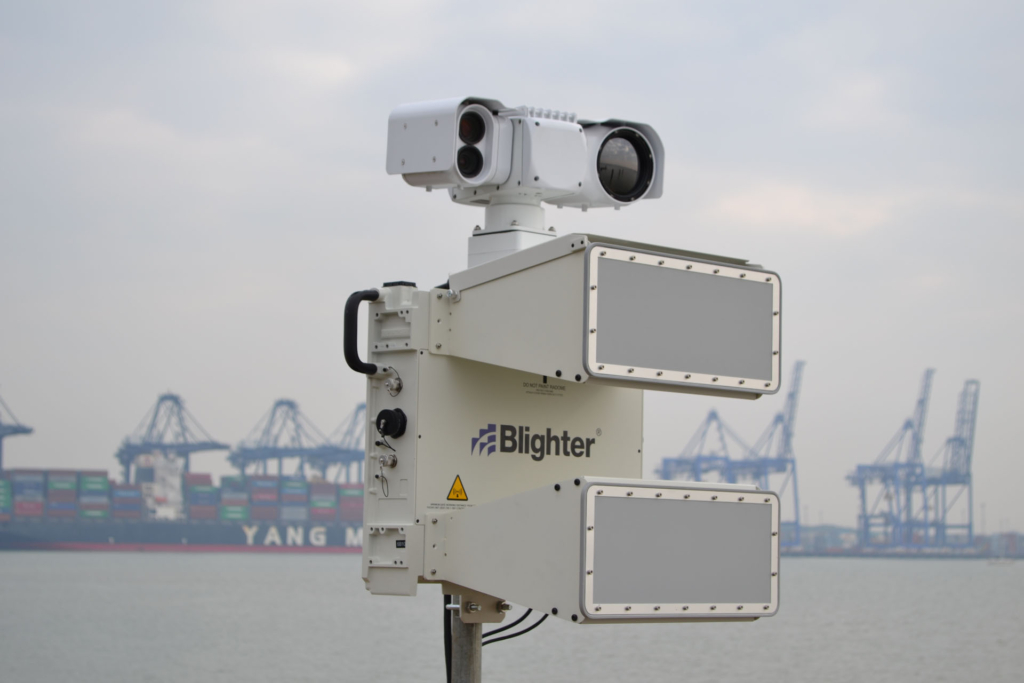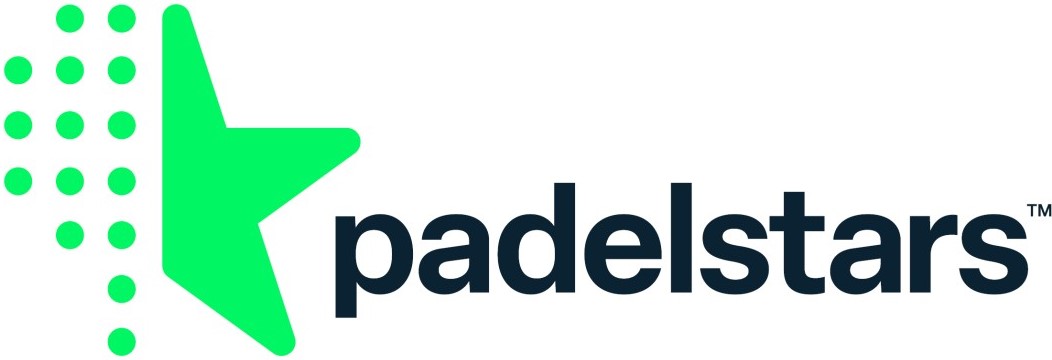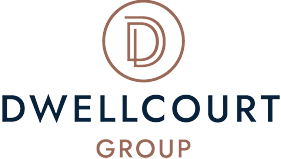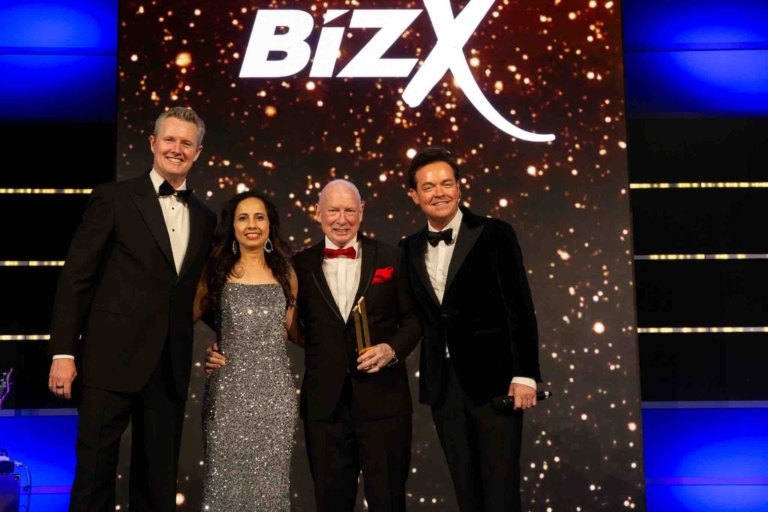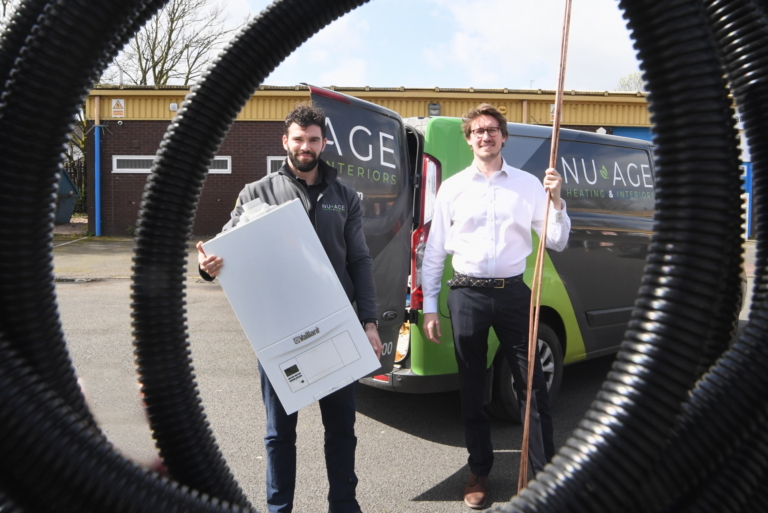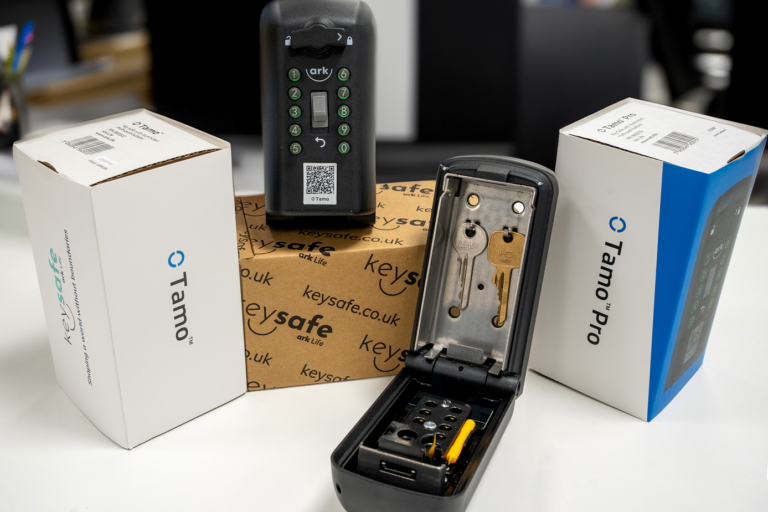Surrey Thin-Film Transistor technology could provide boost for UK manufacturing
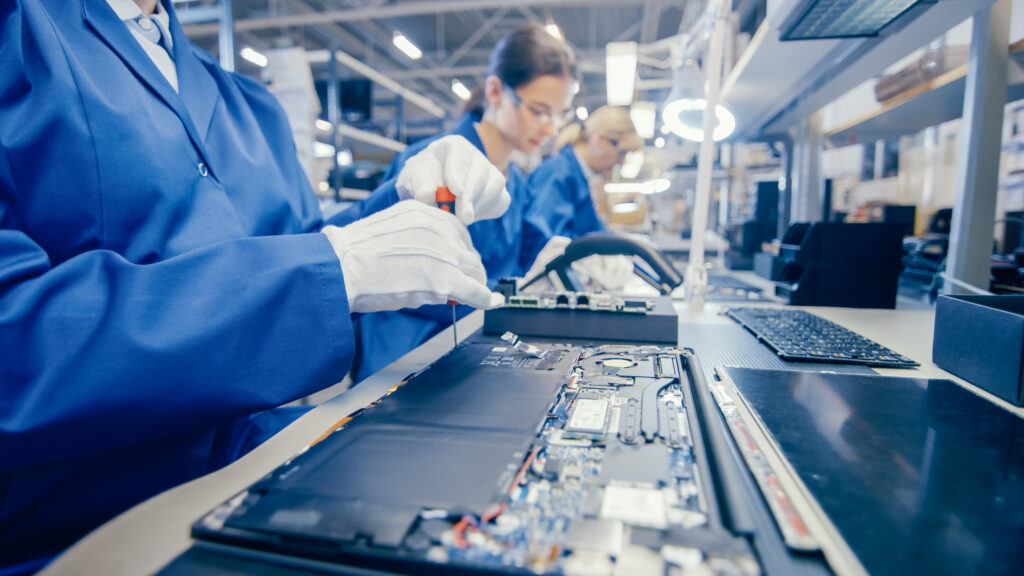
Strides forward in technology that create massive economic benefits are sometimes subtle and invisible to the consumer. Cloud computing emerged at the turn of the century and took a decade before the competitive advantage that it could provide to the finance, health and retail sectors, and beyond, became clear.
A type of Thin-Film Transistor (TFT) technology, which has been pioneered at the University of Surrey since the turn of the century, could too provide a similar economic jolt to the UK economy through its potential to revitalise the country's electronics manufacturing sector and via the development of a range of new innovative devices.
Thin-film Transistors are a type of circuit which have gained a foothold in the display market where they regulate the brightness and colour of pixel displays on screens.
Traditional circuits that regulate screens have a complex manufacturing process which results in the waste of valuable materials involved in their production.
Surrey’s TFTs can be printed on plastics or glass and use quantum effects that arise at the contact between metals and semiconductors to achieve better robustness and fewer aging or complexity problems than traditional TFTs traditional circuits.
Such contact-controlled, source-gated and multimodal transistors (SGTs and MMTs) can also be more energy efficient, have better electrical performance and, as they are less complex than traditional circuits, there is less chance of failure meaning better production yields during the manufacturing process.
Senior Lecturer in Semiconductor Devices at the University of Surrey, Radu Sporea, describes the TFT's function in a display context as similar to that of a "water tap."
He said: "Display screens are just an array of pixels, millions of them, but all of them need to be controlled by an electronic device. TFTs act like a tap for electricity that tells each pixel how bright to shine, and we think we have a better tap.
"If you can drive a display screen using TFTs then, with a little effort, you can begin to make other types of electronic circuits on glass or plastics which could be used to develop sensor-based and wearable devices.
"Our improved thin-film transistors are applicable to all sorts of materials and all sorts of ways of making these new electronics. There is a lot of potential once you crack it in the display market.
"For the users, using our devices will be a seamless experience. Their screens may be more energy efficient and they may be more cost effective for the manufacturers to produce."
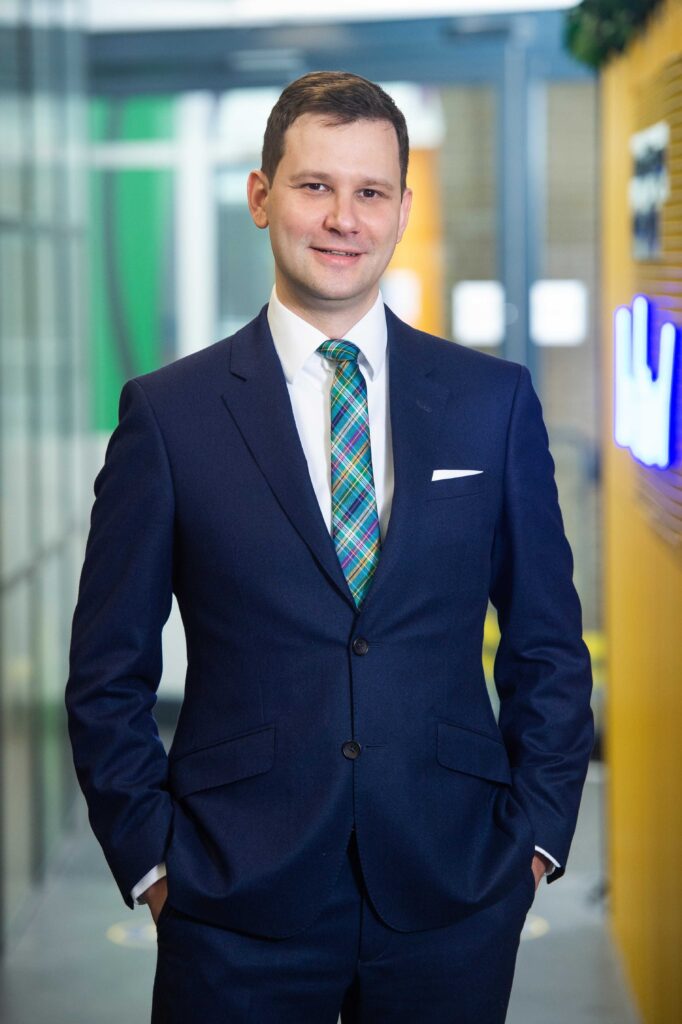
Supply issues
The war in the Ukraine and the extended lockdown in China have refocused the UK political agenda on creating a stronger manufacturing base to increase the robustness of the country's economy against future supply chain shocks.
Radu said: "There is a lot of talk about bringing back manufacturing. You need to have vast factories with high initial capital costs to create highly complex chips like general purpose processors or AI accelerators.
"If you are using Thin-film Transistor technology to design relatively simple circuits that are going to be disposable or for low-cost sensors then these can be made in relatively cheap manufacturing facilities.
"You are talking millions rather than billions so you can easily set yourself up to make something quite custom and with a quick turn-around from idea to application.
"There are a number of companies in the UK that are looking at building these facilities."
TFT-led factories would be less expensive to set up, however their manufacturing process would also be more efficient and have less of an impact on the environment.
Radu said: "Making circuits traditionally is a subtractive process where you put in vast quantities of materials into the production process but use only two per cent of it and the rest is wasted whereas with printing technologies you only use what you need."
While TFT use may be most advanced with displays, it is the use of this technology across other devices that has the most economic potential.
Use cases include well-being wearables, air quality sensors and medical devices.
Radu points to the potential for TFT to be used in ‘Lab on a Chip’ devices which could be used to analyse blood, sweat or saliva.
He said: "If you think that anything could be made on a plastic film with electronics on top then wouldn't it be fantastic for distributed autonomous sensors or smart plasters to be created.
"If you consider the display is basically a sheet of glass with electronics built in a thin layer on one side, then you could use the same technology to make a disposable lab on a chip.
"In this application, you need to manipulate the liquid sample by putting it in the right place for analysis to be performed.
"All of this can be automated by controlling electrical properties through a control mechanism in a piece of glass or plastic, and TFTs provide this electrical control."
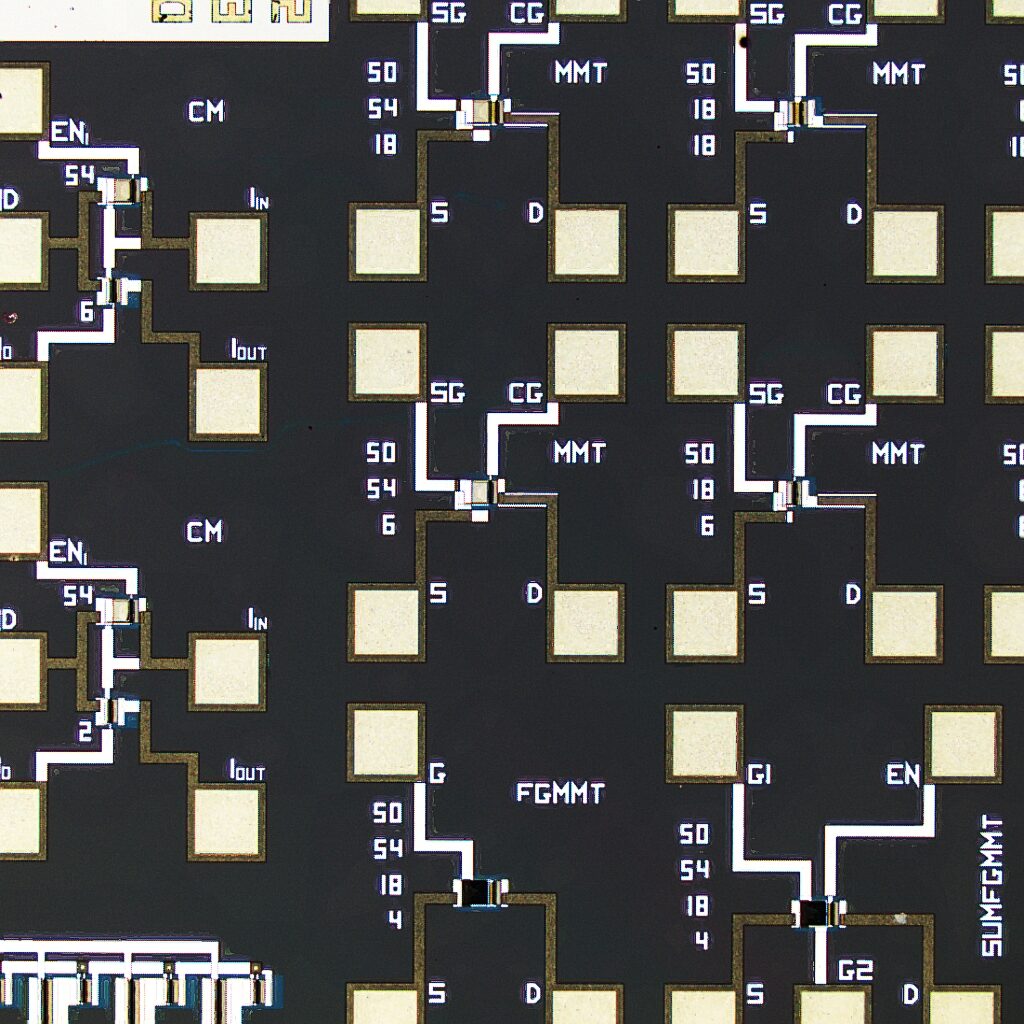
Radu emphasized that TFT technology had opened the door to manufacturers to radically change the way that they produce their electronic goods, however he acknowledged that it would require large investment on their part, especially for TFTs with novel operation such as SGTs and MMTs.
He said: “Our transistors have performance and manufacturability advantages, but the design rules and thinking are completely different.
“To convince large manufacturers to do this would require a large capital investment and for that they would have to see a big increase in performance or in another metric they are interested in.
“Even so, this technology is opening a door to being inventive from the ground up and I think this is a real opportunity.”





